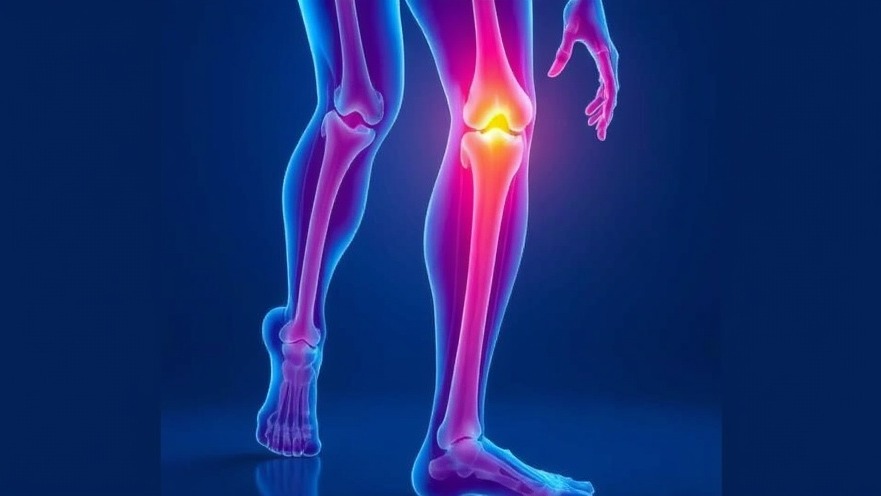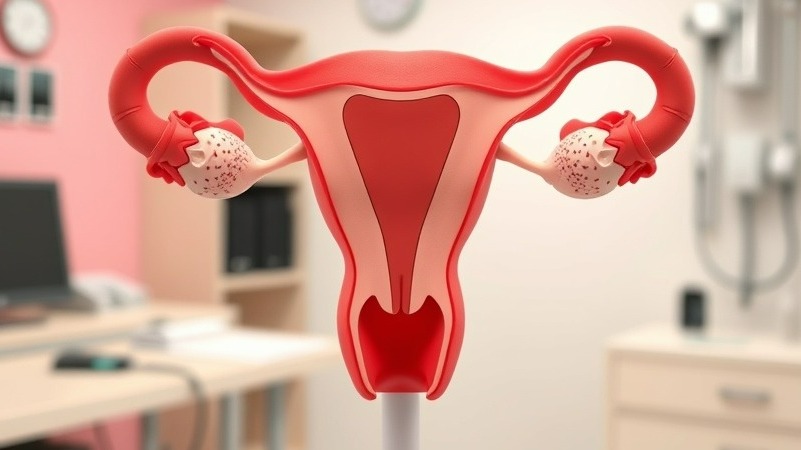
Understanding the Critical Medicines Act and Its Implications
The recently proposed Critical Medicines Act (CMA) by the European Commission aims to rectify a pressing issue: the alarming shortages of essential medicines and healthcare products in the EU. This legislative measure is not merely a response to the COVID-19 pandemic but a proactive strategy designed to fortify the healthcare system against future disruptions stemming from geopolitical instability and external supply dependencies, particularly from Asia.
Key Features That Reshape Pharmaceutical Supply Chains
Among the critical initiatives outlined in the CMA, strategic projects for the production of essential medicines will benefit from smoother access to funding and expedited procedures. The focus here is to enhance manufacturing capacity within the EU, ensuring that a broader range of critical medicines and their ingredients are produced locally to mitigate dependence on foreign suppliers.
The introduction of collaborative procurement is another groundbreaking element, encouraging member states to join forces in purchasing medicines. This initiative aims to address disparities in access and availability across the union, ensuring that all EU citizens have reliable access to necessary medications, such as treatments for rare diseases.
Bridging the Gap in Healthcare Access
While the CMA promises to enhance supply chain resilience, experts, including representatives from the European Federation of Pharmaceutical Industries and Associations (EFPIA), express cautious optimism. They emphasize that while collaborative procurement may improve access to critical medications under certain conditions, an overreliance on these practices may raise administrative costs and complicate existing national reimbursement pathways.
Moreover, there are calls for clearer guidelines to streamline compliance for market actors, urging authorities to leverage existing data systems to avoid unnecessary reporting redundancies. This is critical for logistical efficiency and minimizing the burden on healthcare providers and suppliers alike.
Political Perspectives: A Mixed Reception
The reception of the CMA has not been uniform across the EU. Belgium has been a strong advocate for this legislation; however, notable dissent from some political figures reveals a perception that the act may not sufficiently address urgent healthcare security needs. Frank Vandenbroucke, Belgium’s deputy prime minister, expressed dissatisfaction, calling for a more aggressive approach to safeguard the health and security of patients.
What This Means for Concierge Medical Practices
For owners of concierge medical practices, the CMA presents both challenges and opportunities. Understanding the regulatory framework is vital for adapting business strategies to align with the evolving landscape of healthcare regulation. As access to medicines becomes increasingly reliant on collaborative strategies, practices may want to consider how these changes could influence their procurement processes and patient engagement strategies.
Furthermore, being proactive about compliance and taking a leadership stance on community health initiatives could enhance the standing of concierge practices in their locales, especially as awareness of these regulatory changes grows among patient populations.
Conclusion: Moving Forward with Knowledge
Staying informed about legislative changes such as the Critical Medicines Act is crucial for navigating the complex healthcare landscape effectively. As these regulations evolve, they have the potential to impact how medical practices operate, negotiate with suppliers, and serve their patients. Embracing the insights gleaned from the CMA can position concierge medical practices favorably in a competitive market, allowing owners to better address their patients' needs.
 Add Row
Add Row  Add
Add 














Write A Comment